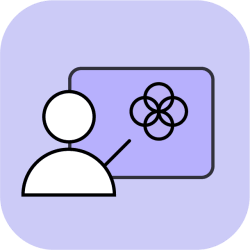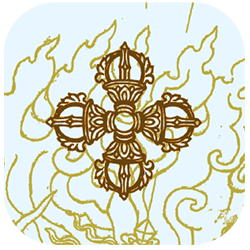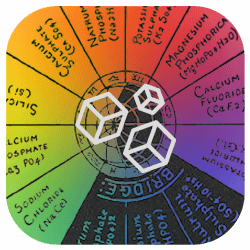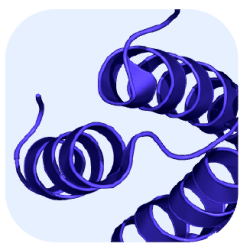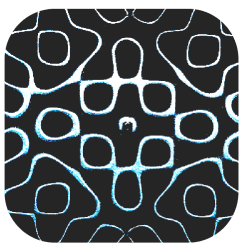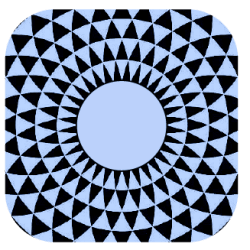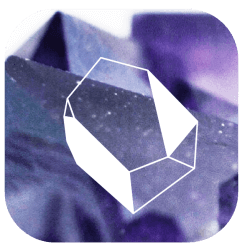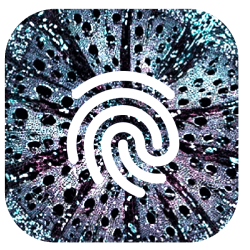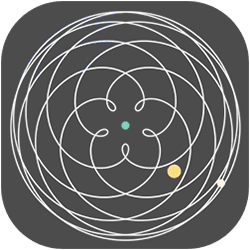The Matrix Language: The Architecture of Consciousness Control
The following context occurs after the overthrow of the matriarchal-led Naga Empire, eventually set asunder by the Khola Kings, who were the sons of the Great Mother. In this high class, the ‘females,’ who were also parthenogenetic, could reproduce without males, just like their ancestors. The ‘males,’ who came later, lacked the androgynous abilities in full. Males were also forbidden to speak the language of the females, as it carried a special power wielded by the Mistress of Speech. Instead they used a second less powerful language assigned to them.
Language is the invisible architecture of thought, the unseen scaffolding upon which civilizations are built. Yet, few are aware of the deliberate manipulation of linguistic systems by ancient priestcraft and associated entities, a process that began with the Sumerian-Akkadian syllabary and continues to influence us today. At the heart of this manipulation lies the codification of the “matrix language,” Emešà, by Enki and the Nungal. These “watchers” crafted a linguistic system that not only facilitated communication but also encoded control mechanisms. By introducing new dialects and symbolic constructs, they created a language that served dual purposes: as a medium of expression and as a tool for domination. This early intervention in human communication was not accidental; it was a calculated effort to shape the collective consciousness of humanity.

Babylon’s Hidden Hand: The Great Theological Expunction
The Babylonian era marked a pivotal moment in this linguistic saga. With clay and stone tablets as their medium, the priesthood encoded theological and intellectual frameworks that would dictate human thought for centuries. However, this was also a time of omission and concealment. The Skaphological tradition, which explored the concept of angelic vessels, was systematically removed from religious texts, leaving a void in the understanding of divine and extraterrestrial interactions. This deliberate act of expunction ensured that the esoteric knowledge remained hidden, accessible only to the initiated. By narrowing the scope of theological discourse, the priestcraft solidified their control over the narrative, ensuring that humanity’s understanding of the divine was limited to what served their agenda.

The Artefact Protocol: Engineering Linguistic Hierarchy
The manipulation of language reached new heights with the creation of the “Artefact,” a constructed mode of speech that segregated the subject from the object. This artificial linguistic structure was engineered to control perception and interaction, embedding a universal code within the very fabric of language. The Artefact facilitated the interception of discourse, enabling the priestcraft and their external allies to monopolize control over the “operation of language.” This phase of manipulation extended beyond religious texts, infiltrating social and political systems to create a hierarchical order that perpetuated control. The “Architect of Control,” as described by modern scholars, assimilated itself into these domains, ensuring that the linguistic framework reinforced the status quo.

Echoes of Ancient Control: The Modern Legacy of Linguistic Manipulation
In the present day, the legacy of this manipulation is evident in the edited and reinterpreted texts that form the foundation of modern theology and mythology. From the Aramaic originals to the King James Version of the Bible, each layer of translation and editing has diluted the original essence, leaving humanity with a fragmented understanding of its linguistic and symbolic heritage. The true scope of the linguistic manipulation initiated by the priestcraft remains obscured, a testament to the enduring power of language as a tool for control. To uncover the hidden codex of our linguistic past is to reclaim a vital part of our collective consciousness, a journey that requires meticulous study and a willingness to question the narratives we have long taken for granted.



